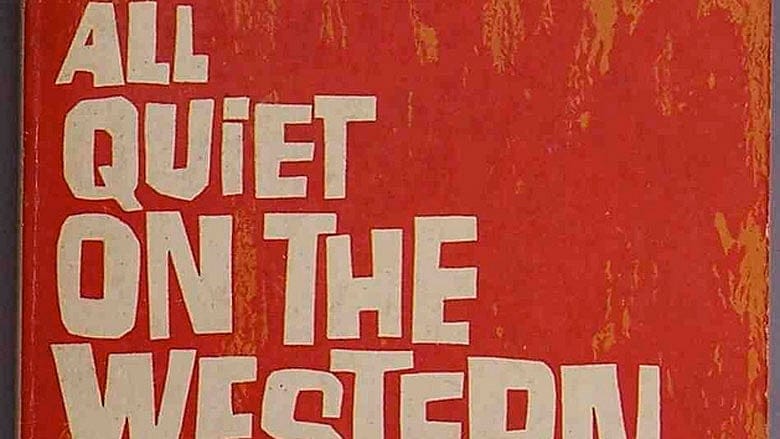No. 2: Watch and Ward Society bans Whitman in Boston

Members of upper echelons of Hub society, known as Boston Brahmins, led a vigilante campaign for decades to ban any works of art or literature that they deemed "immoral." Their passion for the task made "Banned in Boston" a national catch phrase, and sometimes was used to promote the targets to boost sales. The group was called the Watch and Ward Society and was composed mainly of ministers. On the list of banned books, for instance, were Walt Whitman's epic poem "Leaves of Grass," the World War I classic "All Quiet on the Western Front" and D.H. Lawrence's "Lady Chatterley's Lover." Ironically, the society miscalculated the temptations associated with any kind of forbidden fruit (it is the oldest temptation in the Good Book, after all), and their censorship efforts often backfired. Banned author Upton Sinclair once declared, "I would rather be banned in Boston than read anywhere else, because when you are banned in Boston, you are read everywhere else." We're glad the city has lightened up, though. Now if only we could get things to stay open a little later…

